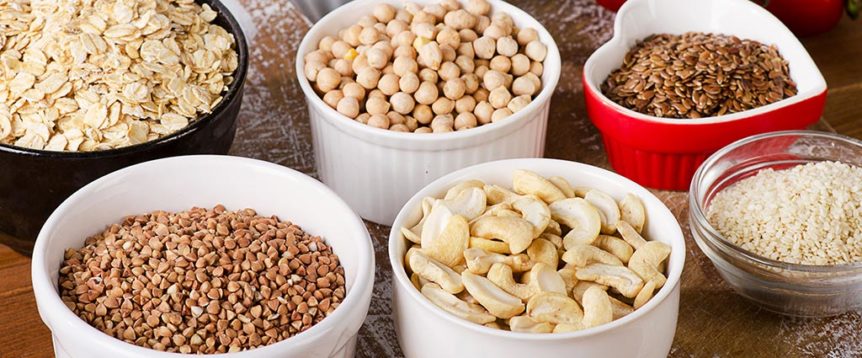› Health benefits
Cardiovascular disease
Studies on the effect of copper intake on heart disease have had mixed results, and more research is needed.
Alzheimer’s disease
Some research has shown that higher levels of copper in the blood correlate with a lower risk of Alzheimer’s disease. Other research shows that high amounts of copper may increase the Alzheimer’s risk. More research is needed for clearer results.
› How much do I need?
Intake recommendations differ depending on age. For women, it increases during pregnancy and when lactating. Adults age 19-plus: 900 micrograms daily. Pregnant teens and women: 1,000 micrograms; breastfeeding teens and women: 1,300 micrograms.
Copper can be harmful if too much is consumed. It can cause liver damage, abdominal pain, cramps, nausea, diarrhea and vomiting. These symptoms are more likely to occur in those with Wilson’s disease, a rare genetic disorder. They can also occur when copper pipes leach copper into drinking water.
A copper deficiency is rare but can occur. Symptoms include extreme tiredness, lightened patches of skin, high cholesterol levels, and connective tissue disorders that affect the ligaments and skin. Other effects include weak and brittle bones, loss of balance and coordination, and increased risk of infection. Some people may have trouble getting enough copper daily, including people with celiac disease, those with Menkes disease, or those taking high doses of zinc supplements, which can interfere with the ability to absorb copper.
› In food
Many foods contain copper, including beef liver, shellfish (such as oysters), nuts (such as cashews), seeds (such as sunflower and sesame), chocolate, wheat-bran cereals, whole-grain products, potatoes, mushrooms, avocados, chickpeas and tofu.
› Dietary supplements
Copper is available in many multivitamin/multimineral supplements and can be found in a supplement by itself or combined with other vitamins. It can be found in many forms, including cupric oxide, cupric sulfate, copper amino acid chelates, and copper gluconate.
Source: National Institutes of Health, Office of Dietary Supplements
Please consult your health care provider before making changes to your vitamin/supplement regimen.


